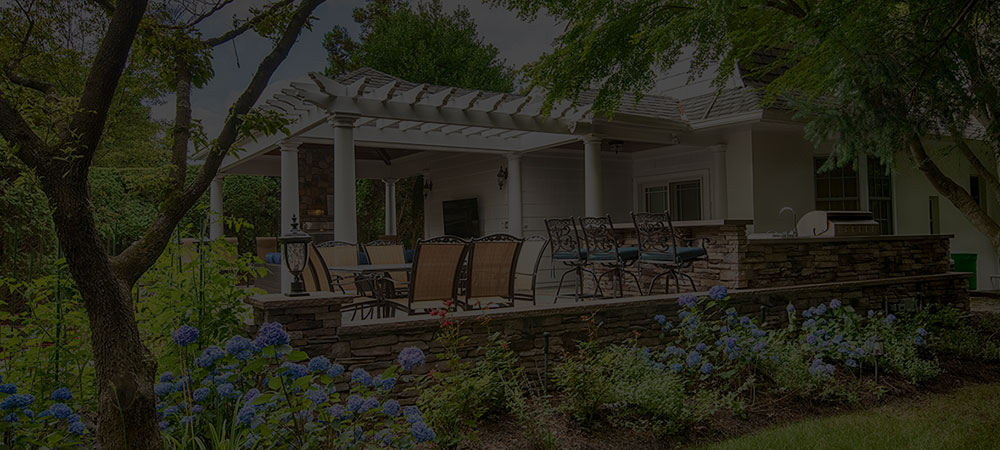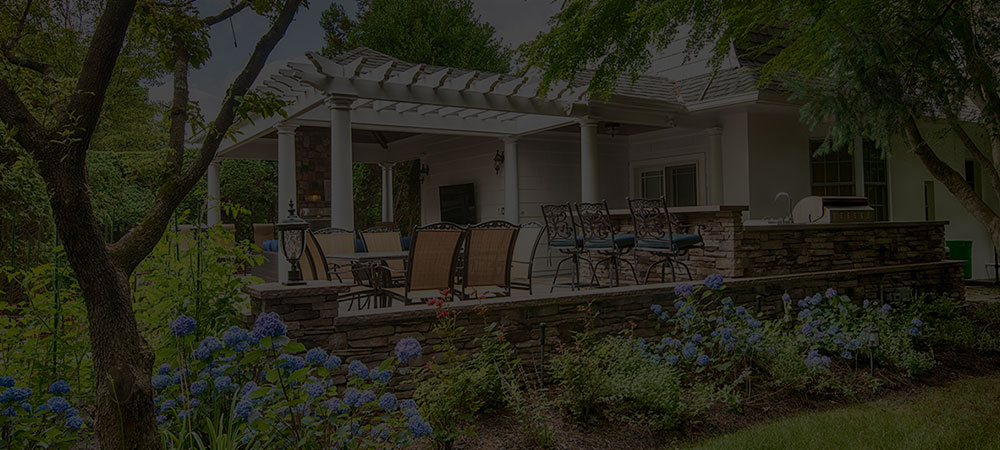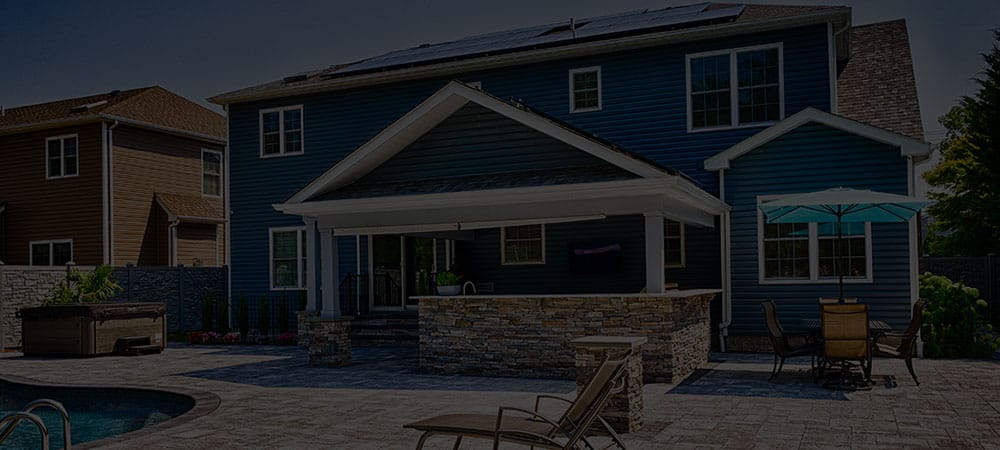Pergolas are made out of a lot of materials, but somehow the beauty and magnificence of wooden pergolas is unmatched. But which is the best wood for pergolas? Well, here are some of types of wood that pergola contractors and homeowners like.
Popular Types Of Wood For Building A Pergola
Cedar
If you want to get your hands on a good quality material that is going to withstand harsh weather conditions and make the pergola look beautiful no matter what, then cedar is the best option to go for.
Cedar is a fantastic wood, which is not only resistant to moisture and heat, but it also repels insects, which is amazing. So, you can say goodbye to termite and ant infestation in the small nooks and crannies of the pergola, because cedar won’t do that.
It is also great if it rains or it is blazing daggers down. It will remain in amazing condition. That’s just the quality of cedar and even if the pergola gets wet – which happens quite often than not – it will be okay because cedar is naturally resistant to mold and rotting.
It’s the type of wood you want to get for anything outdoors because it will impress you to no end. It is a bit expensive, but it is a material that you just need to buy once and then you can forget the rest because it will not budge, it won’t disappoint and it won’t get damaged, which is awesome.
Douglas Fir
Douglas fir is a softer and more malleable wood. It is amazing when it comes to creating those intricate arched wooden structures and different designs in a pergola.
Even though Douglas fir is just as amazing as any other wood type, you have to keep in mind that it is a bit on the fragile side. It doesn’t last as long as cedar or any other wood and it is also prone to insect infestations, so your pergola might be at risk of rotting away quickly, especially if insects like termites attack the structure.
On the bright side, Douglas fir is a reasonable wood and it works just as fine as any other wood. It won’t last for decades, but it does last a good couple of years and that is pretty much what you want if you’re concerned with a decent-quality pergola.
Tropical Wood
If exotic woods like Ipe are more up your alley, then you can try tropical woods because one of the biggest advantages of these woods is that they are well-acclimated to any type of weather. No matter if it’s too hot or too cold or just downright humid, these woods won’t expand, contract, or move around too much which could lead to considerable damage to the pergola.
Another amazing thing about these woods is that they’re easily available, which makes them very popular, considering that they’re exotic woods. The only downside is that they are hard to cut and if you don’t use the right tools, then the wood can be ruined. So, this is something that you should keep in the back of your mind.
Pressure-Treated Wood
Next up is a wood option that is wood, but it has the strength of steel. Pressure-treated wood, as the name suggests, is treated wood. It is treated with different chemicals and preservatives to impart that much-needed strength and durability to the seemingly very fragile wood.
Wood is generally really fragile, and even the slightest force can splinter the wood into a pile of useless scraps. So, if you want to go for a material that is wood, but somehow even better than it, where quality is concerned, then pressure-treated wood is the way to go.
To add to the pile of goodness that is pressure-treated wood, it is also very reasonable in price, something that is a stark contrast when it comes to treated and engineered wood.
Oak
If you’re looking for an oldie but a goodie then oak is a wonderful material to go for, especially if you want to get a pergola constructed. Oak is one of the most popular and beautiful woods out there. There are countless qualities of oak when it comes to enduring weather conditions.
Oak is resistant to rotting and it doesn’t mind water. It is also very strong and it’s not fragile by any means. It is also a highly sustainable material that reduces carbon emissions, so you can rest assured that you’ve chosen a great wood for your pergola.
Modified Wood
What is modified wood? It is a type of wood that is obtained from human-grown trees. Confusing, right? All trees are human or naturally grown, but modified trees are trees that are highly sustainable and they’re grown in large quantities by using natural substances to aid their growth.
So, you can say that these trees are grown at a faster rate than regular trees and the main purpose of these trees is to become useful in the wood industry for building articles that enhance beauty, like gazebos, pergolas, decks, and even other wooden structures.
Modified wood is very hard and sturdy and it is an overall amazing choice for a pergola. It is resistant to decay, it doesn’t rot, and it lasts for a long time – the qualities are quite literally endless, so why not give this bad boy a try?
Larch
Larch is also considered to be an exotic and tropical wood. It is mostly found in the UK and it is a softer wood, which means that it is quite easy to bend and mold into your desired design. Some woods are naturally quite hard and even though it is a good thing, it can be hard to make certain designs and structures.
Well, Larch won’t disappoint in this department. It is also just as resistant to insects, rotting, and mold formation as any other popular wood out there and it’s also less expensive, so it’s a great choice.
Redwood
If you want something similar to cedar but with an amazing and intense reddish-brown hue, then redwood is here to save the day. Redwood is a wood that is more expensive than cedar, but its qualities also surpass the wood in every sense of the word.
Redwood is proven to not rot or decay even after decades so you know that what you’re buying is a great wood, especially for a pergola that has to be out in the sun, wind, rain, and any other weather, 24/7. So, this wood is generally a great option to choose because it is also resistant to fire.
Wood planks resistant to fire? That’s not something you see or hear every day. But it’s true. Redwood is seriously a gem in the world of wood and it is going to leave you in awe with its qualities and the way it stands tall even in the worst of conditions.
Conclusion
If you want to jazz up your backyard and turn it into better living space, then a pergola will do the work for you and now you know the best wood to use for building a pergola. If you’re stumped, you can ask a custom pergola builder Long Island to help you choose the right wood type and then build a durable pergola.



